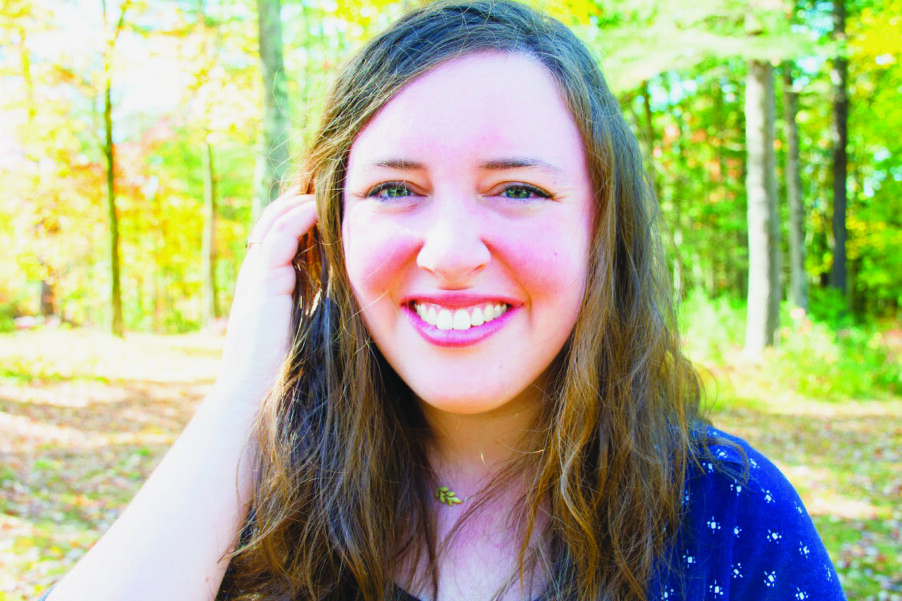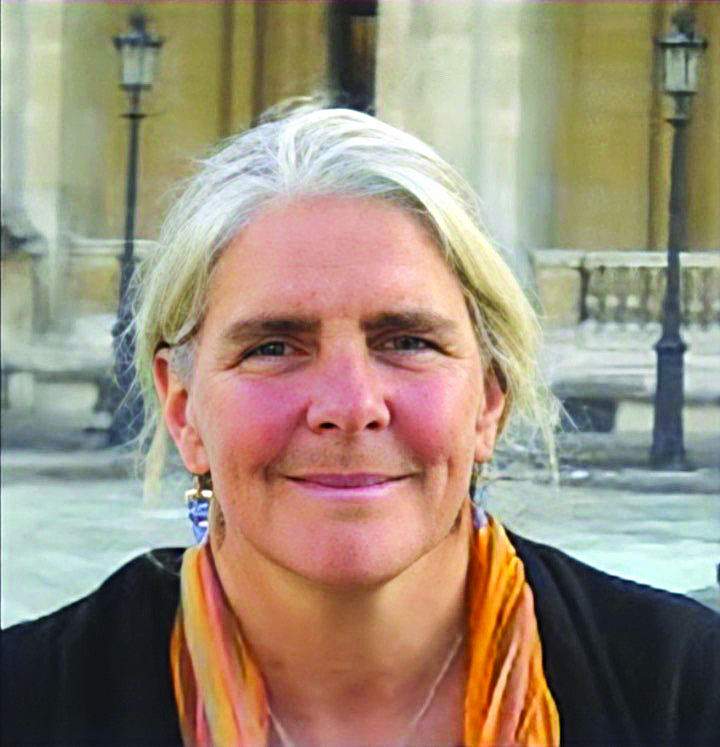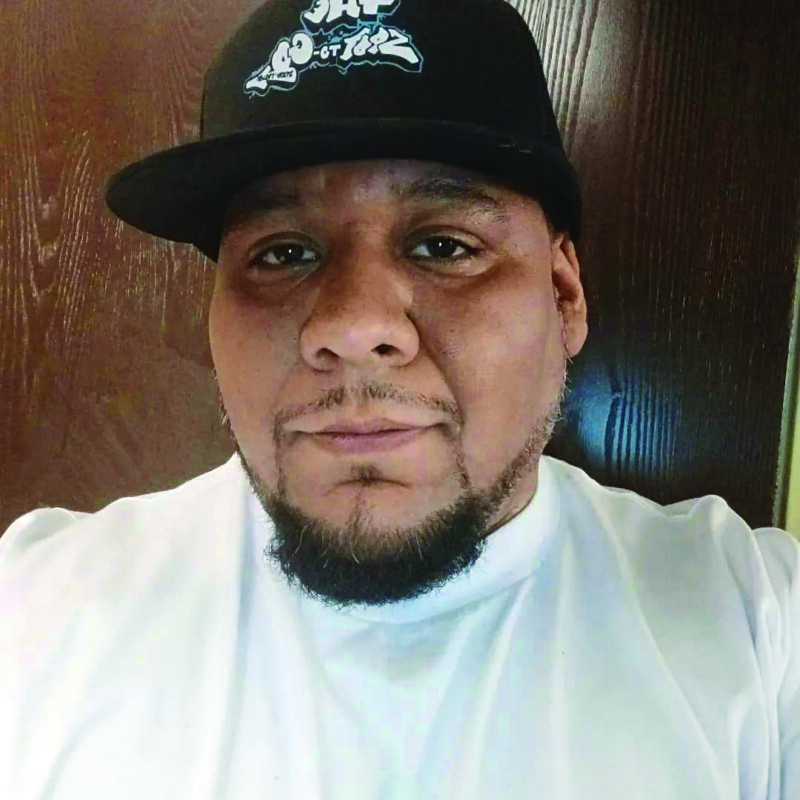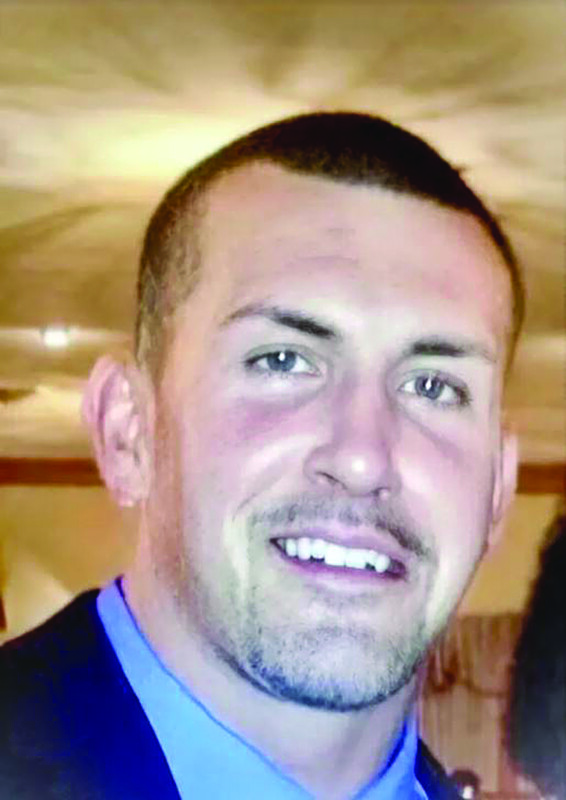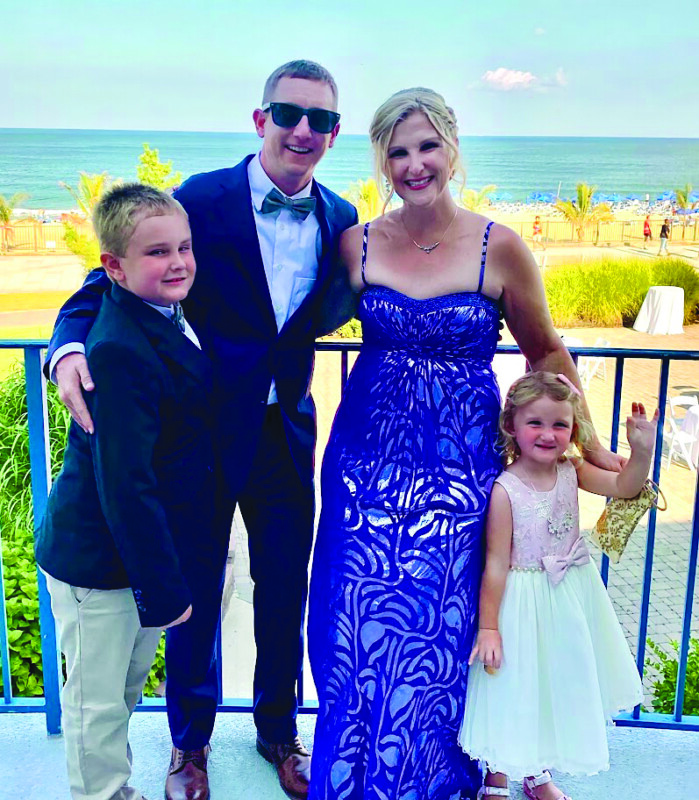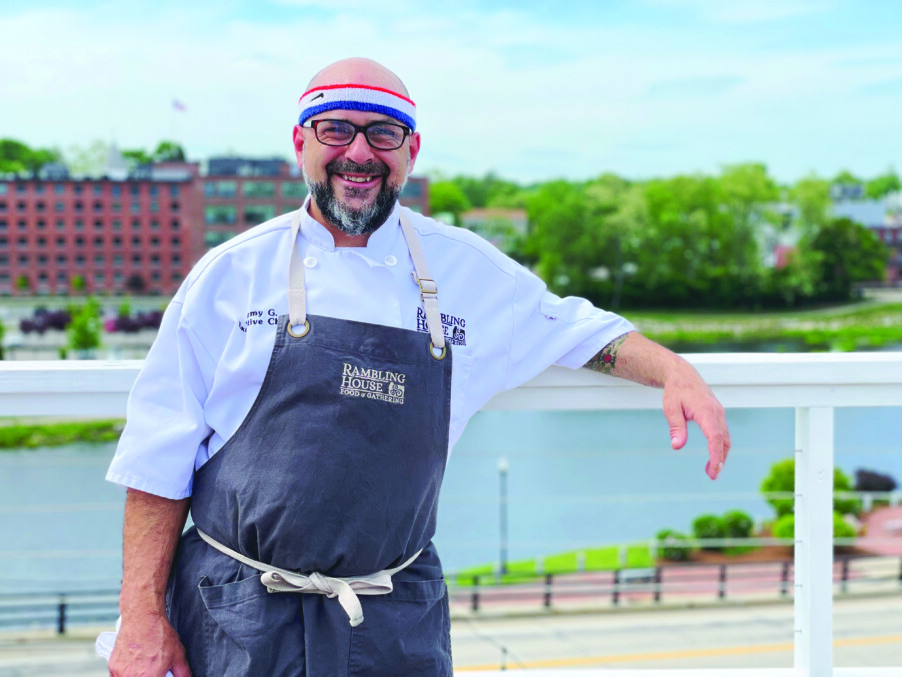Eco-friendly product maker
Elise Noga of Bedford is the owner of The Beaded Sheep (thebeadedsheep.com), a blog, podcast and online shop selling handmade eco-friendly home and beauty products.
Explain your job and what it entails.
Mostly, I’m making my products, which currently consist of cloth napkins, dish towels, paperless towels, cotton rounds, no-drip cuffs, tote bags and drawstring bags. … There’s a lot of creativity [involved] in picking out patterns, designing new products and putting the products out into the world via my online shop and a few retail locations. I also host a podcast … The most important part of my job is that I get to do it with my daughters. That’s truly my favorite part.
How long have you had this job?
I started The Beaded Sheep officially in the spring of 2019, and it became an online shop in the fall of 2020, where I sold only cloth napkins through Etsy.
What led you to this career field and your current job?
In 2019, I left my full-time job in tech support to be home full-time with my first daughter, since she had just turned 1. I started The Beaded Sheep originally to do blogging, then dabbled for a small time period in family photography, and finally landed on selling cloth napkins.
What kind of education or training did you need?
I didn’t need a lot of training for this job, but my mom taught me how to sew. … In college I studied Communication Arts with concentrations in Creative Writing and Global Missions, and that education has helped me with marketing, writing, communicating what my business is about, hosting my podcast — also called The Beaded Sheep — and having my business strive to help others be more eco-friendly.
What is your typical at-work uniform or attire?
Since I work from home … my work attire is whatever is comfortable and kid-friendly.
How has your job changed over the course of the pandemic?
I started this job during the pandemic, and it was difficult at first since I wasn’t comfortable doing business in person and had to rely heavily on online orders. Now that more things are open, I’ve been able to do more fairs, which has been more helpful for my business.
What do you wish other people knew about your job?
I wish other people knew how much work goes into having a business like this. Not only do I make things, but I’m the accountant, the marketer, the salesperson, the writer, the creative director — everything.
What was the first job you ever had?
My first job was being a babysitter for some of my neighbors.
What’s the best piece of work-related advice you’ve ever received?
My husband recently gave me the sweetest advice, and that was to follow my heart with this business and not let anyone else dictate what I should be doing. I also think it’s so important to be willing to pivot and change what direction you’re going in since making a change can bring so much good.
Five favorites
Favorite book: Harry Potter series.
Favorite movie: I don’t have a favorite movie, but my favorite show is Schitt’s Creek.
Favorite music: My favorite genres are indie, folk, alternative and hardcore.
Favorite food: Pretty much anything chocolate.
Favorite thing about NH: There’s so much to do, and most of my immediate family lives here.
Featured photo: Elise Noga. Courtesy photo.

